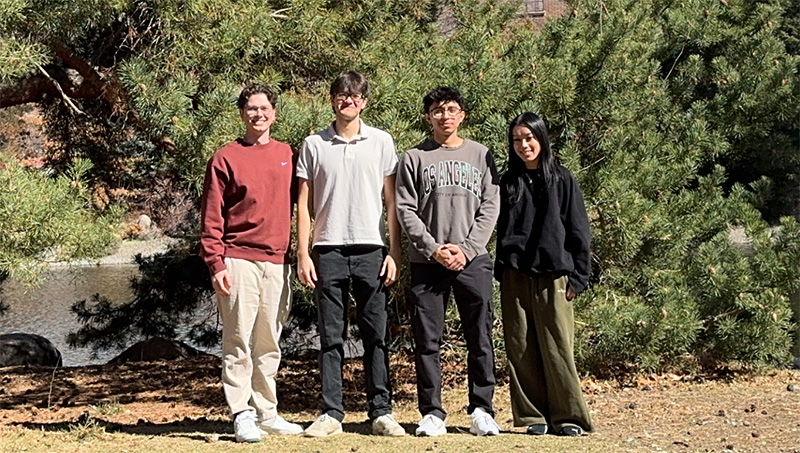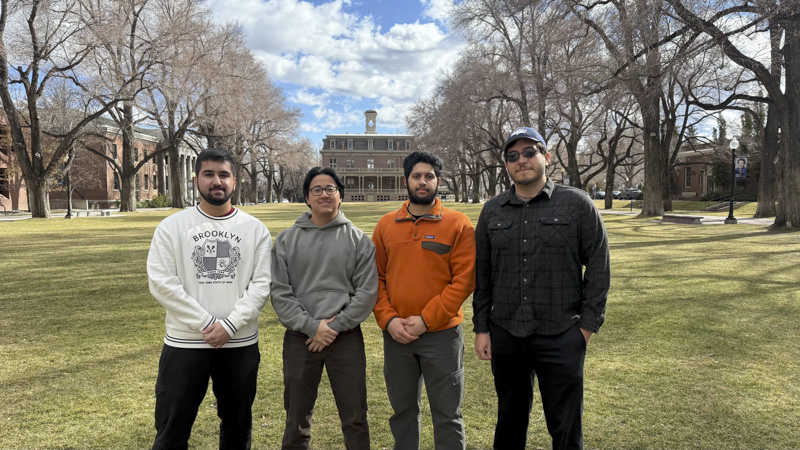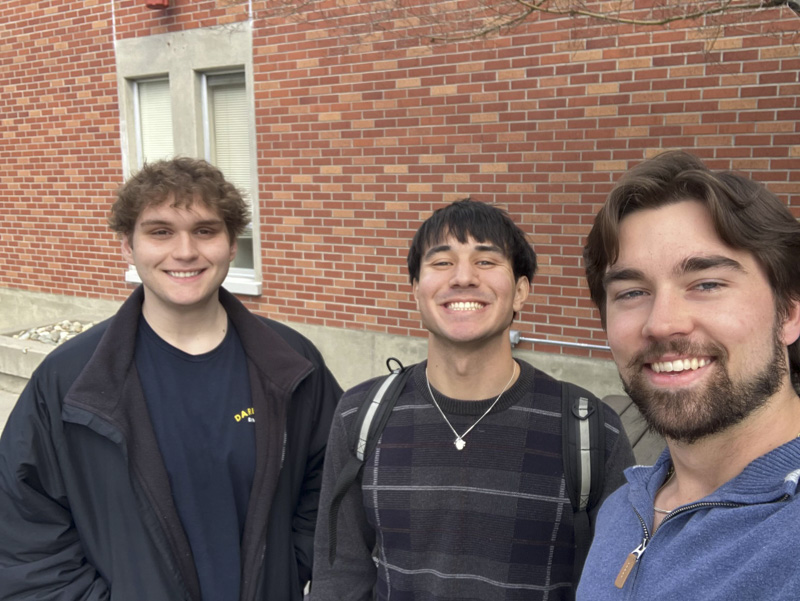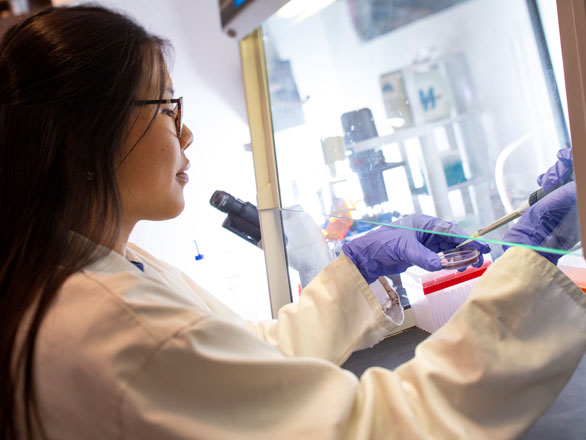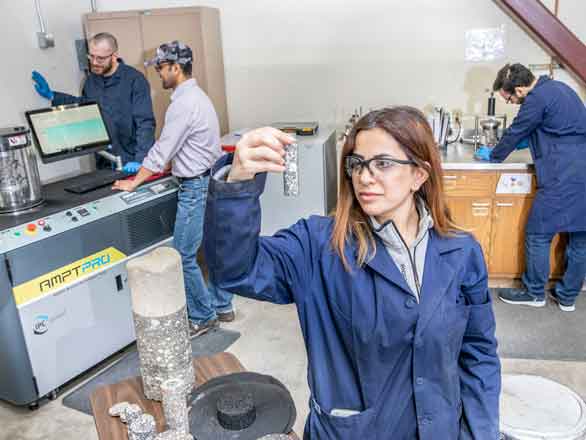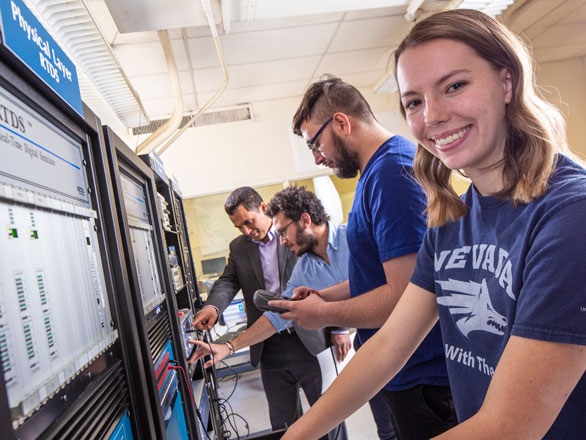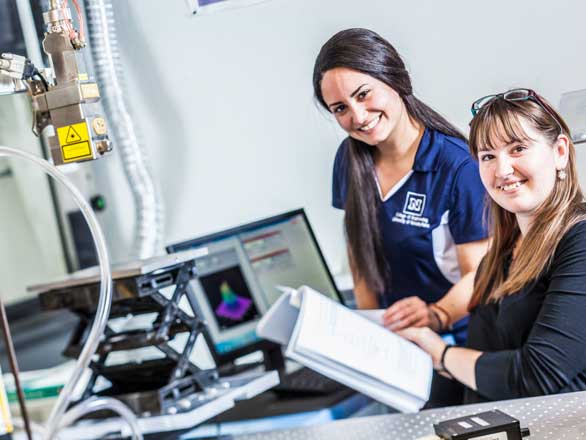Advised by Danny da Costa
Students: Sachin Bhatnagar, Andy Chiang, Kaylyn Duncan
Developed in Unreal Engine, Shattered Chains is a first-person action-adventure set in a dystopian future where humanity has been enslaved by an alien species. Players take on the role of a lone escapee, fighting to survive and ultimately lead a rebellion against their oppressors. The game features an innovative realistic injury system, where damage affects movement and perception, making survival more challenging. A wounded leg slows movement, while head injuries distort vision and hearing, forcing players to adapt their strategy. Fluid movement mechanics, including sprinting, sliding, and vaulting, allow players to navigate the environment dynamically, offering both an advantage in combat and an essential tool for evasion. Parkour elements further enhance exploration, giving players multiple ways to approach encounters and traverse obstacles. Players must scavenge for weapons, manage resources, and adjust their tactics to survive in an unpredictable world where enemies react dynamically to their actions. Some areas may require stealth and precision, while others encourage high-risk, fast-paced combat. Movement plays a key role in both offensive and defensive strategies, making decision-making crucial. Developed as a senior project, Shattered Chains showcases technical innovation and gameplay depth, with the potential for further development beyond its academic origins.


